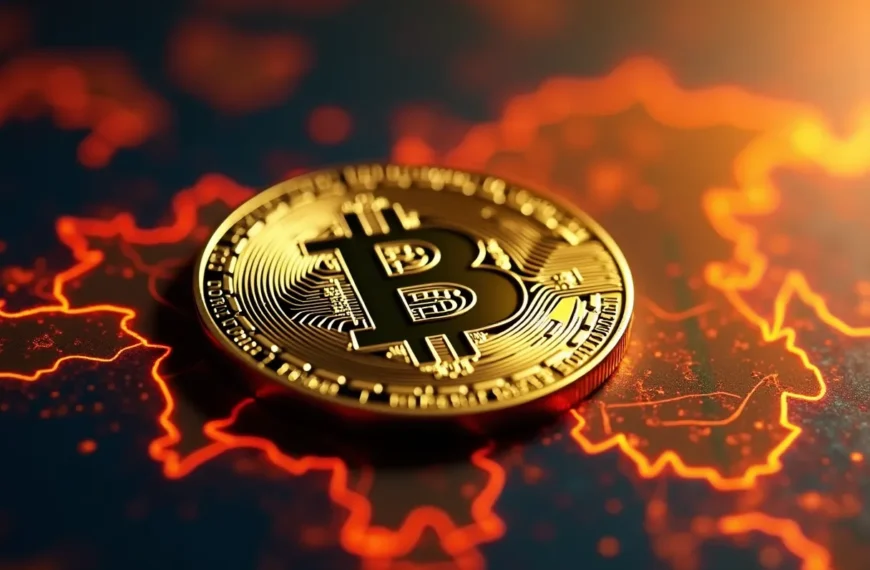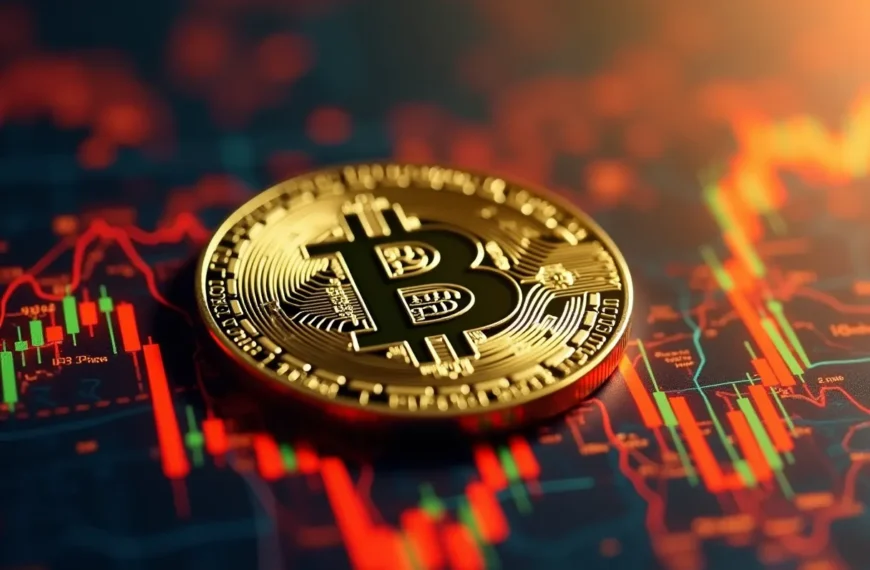JPMorgan Opens Bitcoin Purchases for Clients Amid CEO Skepticism
In a significant development in the financial world, JPMorgan Chase has announced that it will allow its clients to buy Bitcoin directly through its platform. This move comes despite the well-documented skepticism of CEO Jamie Dimon regarding cryptocurrencies. This decision marks a pivotal shift in the traditional banking landscape, illustrating the growing acceptance of digital currencies among mainstream financial institutions.
The Shift Towards Cryptocurrency
Historically, Jamie Dimon has been a vocal critic of Bitcoin, often dubbing it a “fraud” and expressing concerns about its volatility and potential to facilitate illicit activities. However, the landscape of finance is evolving rapidly, and JPMorgan’s latest initiative signals a broader acceptance of Bitcoin and other cryptocurrencies.
Key points driving this shift include:
Client Demand and Market Trends
The surge in interest in Bitcoin and other cryptocurrencies cannot be ignored. Over the past few years, there has been a notable increase in retail and institutional investors entering the crypto space. This trend has led many financial institutions to reconsider their stance on cryptocurrencies.
Clients of JPMorgan are increasingly expressing a desire to invest in Bitcoin as part of their portfolios. The bank’s decision to allow Bitcoin purchases directly through its platform is a response to this demand. By offering such services, JPMorgan aims to retain its competitive edge and cater to the evolving needs of its clients.
The Mechanics of Bitcoin Purchases
JPMorgan’s new service will enable clients to buy Bitcoin through their existing accounts. This integration makes it easier for customers to manage their investments without needing to navigate separate cryptocurrency exchanges.
Some features of the service include:
This approach not only simplifies the buying process but also positions JPMorgan as a forward-thinking institution willing to embrace new technologies.
Dimon’s Concerns and the Future of Bitcoin
Despite the bank’s move to facilitate Bitcoin purchases, Dimon remains cautious about the long-term viability of cryptocurrencies. He has consistently pointed out the risks associated with investing in digital currencies, including their regulatory uncertainty and potential for significant price fluctuations.
However, even with Dimon’s skepticism, the bank is recognizing the need to evolve. The decision to offer Bitcoin purchases reflects a pragmatic approach to client demands while balancing internal concerns about the cryptocurrency’s future.
The Impact on the Financial Sector
JPMorgan’s entry into the Bitcoin market could have far-reaching implications for the financial sector. As one of the largest banks in the world, its decision to allow cryptocurrency purchases signals that traditional financial institutions are beginning to view digital currencies as a legitimate asset class.
Potential impacts include:
As more banks follow JPMorgan’s lead, we may witness a transformation in how cryptocurrencies are perceived and utilized within the financial ecosystem.
Regulatory Considerations
The growing acceptance of Bitcoin and other cryptocurrencies has not gone unnoticed by regulators. As more financial institutions enter the cryptocurrency space, regulatory bodies are likely to ramp up their scrutiny of digital asset transactions.
JPMorgan, with its extensive compliance framework, is well-positioned to navigate these regulatory challenges. The bank’s proactive approach towards cryptocurrency may set a precedent for how other institutions handle compliance as they explore similar offerings.
Conclusion
JPMorgan’s decision to allow clients to purchase Bitcoin represents a landmark moment in the intersection of traditional finance and the burgeoning cryptocurrency market. While CEO Jamie Dimon’s skepticism about Bitcoin remains, the bank’s actions reflect an undeniable shift in the industry landscape.
As more clients seek exposure to digital currencies, JPMorgan’s initiative could pave the way for a broader acceptance of cryptocurrencies among financial institutions. This development underscores the importance of adaptability in a rapidly changing market and highlights the potential for innovation within the financial sector.
In the coming years, as the regulatory environment evolves and consumer demand continues to rise, it will be fascinating to see how JPMorgan and other banks navigate the complexities of the cryptocurrency space. The future of Bitcoin and its role in the financial ecosystem remains uncertain, but one thing is clear: the dialogue around digital currencies is only just beginning.






